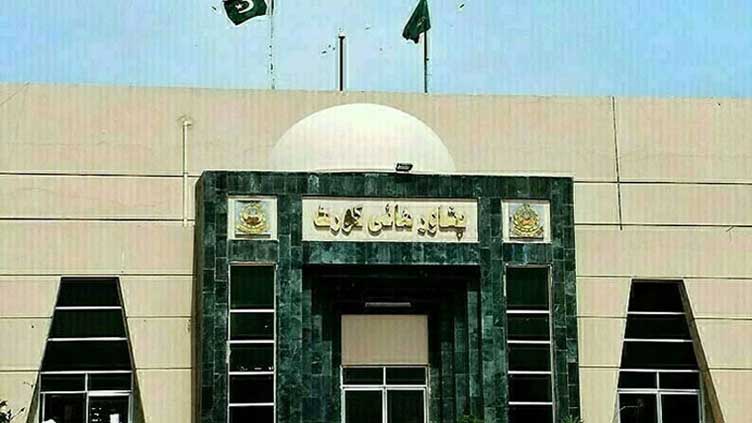Peshawar High Court Orders Recovery of Missing Persons
The court's decision to form a larger bench to hear the writ petition and its orders to recover the missing persons highlight the importance of the judiciary in ensuring accountability and justice in Pakistan, and the need for authorities to respect and implement court directives.

The Peshawar High Court has instructed authorities to recover five missing persons, including a woman who recently arrived in Pakistan from Oman, and produce them before the court without delay, expressing discontent over the lack of progress in the case.
The court rejected a request by the advocate general for additional time, citing that the missing persons were not in government custody, and instead directed the authorities to take immediate action to recover the individuals. The case has been adjourned, and a full bench will be constituted if required. The court also questioned the authorities' failure to register an FIR, highlighting their authority to do so.
A five-member larger bench has been formed to hear a writ petition challenging the alleged disappearance of the five people, including a woman, during a raid in Peshawar. The petition, filed by Abdul Halim, alleges that law enforcers detained five people, including himself, on April 27, and only he was later released. The remaining four people, including a woman who had traveled from Oman, are still missing.
In a separate development, another writ petition has been filed in the Peshawar High Court challenging recent amendments to the Legal Practitioners and Bar Councils Act, 1973, which increase the minimum experience required to contest Bar Council elections from 10 to 15 years. The petition argues that the change is discriminatory and undemocratic, and will disenfranchise many lawyers, particularly young professionals, women, and minority communities.
The Peshawar High Court's orders and actions in these cases demonstrate its commitment to upholding the rule of law and protecting the rights of citizens, and it remains to be seen how the authorities will respond to the court's directives.